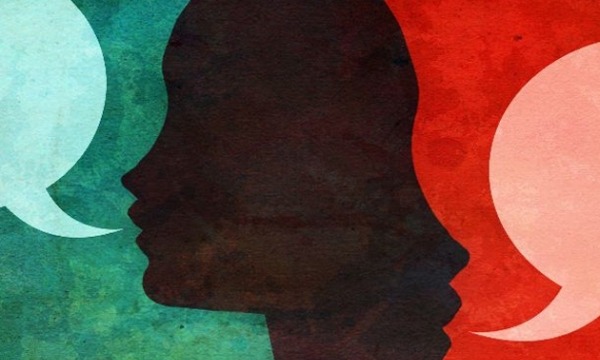I believe one of the advantages of stammering is the intimate relationship with language it brings. Stammerers think, feel and speak language in a way that is at once broken but at the same time filled with opportunities. Blocking, repeating and word-swapping can all be seen as failures of communication, but they also open up avenues of speech that would in a fluent person go unexplored. Indeed, the multitude of authors who stammer – David Mitchell, John Updike, Lewis Carroll – evidence the unique apprenticeship in language offered by stammering.
It is with this in mind, the importance of words to people who stammer, that I want to begin to reflect on some of the common language we hear in and around speech and language therapy.
